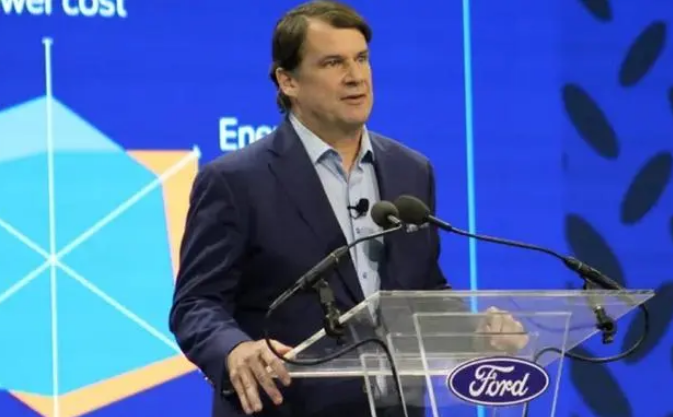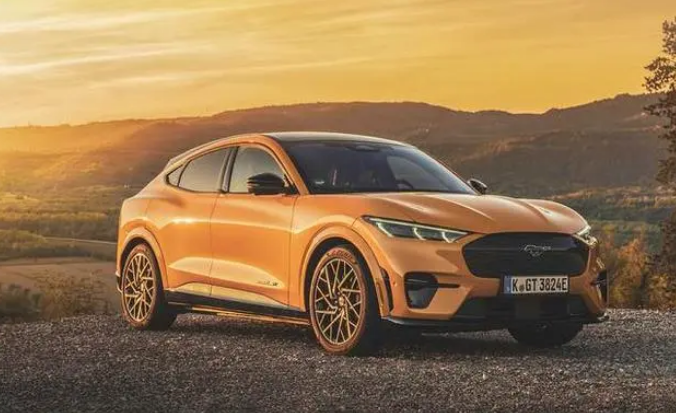Author:NickyDate:2024-9-18
According to media reports, Jim Farley, CEO of Ford Motor Company, the second largest automaker in the United States, has conducted in-depth inspections of China's auto industry several times since the beginning of 2023.

After his visit to China, Jim Farley confessed to John Thornton, a member of Ford's board of directors: "It was only when we came to China that we realized we were behind." He was amazed at the speed of progress of China's electric vehicle industry and the outstanding achievements of Chinese automakers in AI and new technology applications. According to his observation, Chinese electric vehicles are not only technologically advanced, but also able to provide higher-quality products at lower prices through efficient industrial chain management, and quickly occupy domestic and foreign markets.
In order to more intuitively feel the charm of Chinese electric vehicles, Jim Farley specially shipped electric vehicles of multiple Chinese brands such as Xiaomi and Ideal to Ford's headquarters in Michigan, USA, for the company's senior executives and directors to test drive and experience.
In fact, the rapid development of China's electric vehicle market has already had a huge impact on the traditional fuel vehicle market. Joint venture automakers that mainly sell traditional fuel vehicles, including Ford's joint venture in China, Changan Ford, have seen their market share drop significantly from their peak. Faced with the advent of the new energy era, although Ford is also actively transforming, its electric vehicle business has failed to become a new growth engine, but has instead become a black hole that devours profits.

Ford's financial report shows that in the second quarter, its electric vehicle business sold only 26,000 vehicles, with an average loss of $42,300 (about RMB 306,000) per electric vehicle. In the first half of the year, a total of 36,000 electric vehicles were sold, with a loss of $69,400 (about RMB 503,000) for each electric vehicle sold. Faced with such a severe situation, Ford tried to ease the pressure of losses by cutting costs, but these efforts seemed to be a drop in the bucket under the double blow of industry price declines and wholesale volume declines. Ford expects that its electric vehicle business will lose between $5 billion and $5.5 billion in 2024.
Analysts pointed out that Ford's slow pace in the global new energy transformation is mainly due to its over-reliance on traditional fuel vehicle business. In the Chinese market, Ford's fuel vehicle technology is relatively conservative, and three-cylinder models are difficult to gain consumer recognition; and its electric vehicle products have failed to meet market demand, resulting in poor sales. In addition, the development of electric vehicles requires a lot of financial support, both technology research and development and energy replenishment channel construction require huge investments. In contrast, although Chinese automakers are also facing pressure of losses, with the huge market size and strong government support, some profitable leaders such as BYD and Ideal Auto have emerged.
For Ford, how to find its own position in the rapidly changing auto market and launch more popular products will be the key to its successful transformation to electrification.
↓Next [ Golf Cart Maintenance and Care Guide ]









